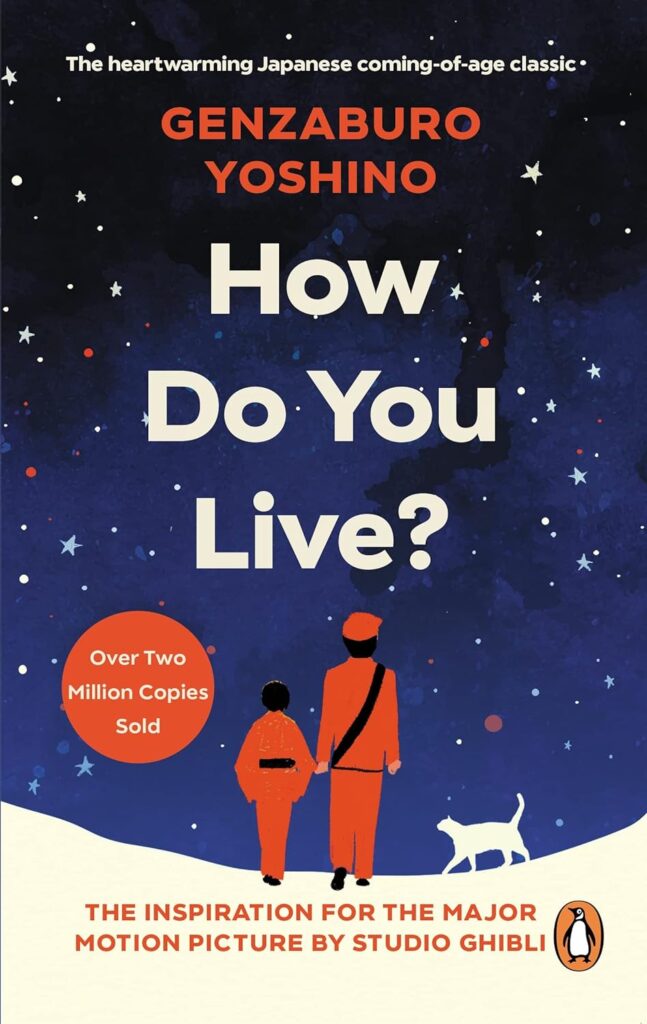This is a delightfully cosy novel about a boy named Copper growing up in 1930s Japan (which is when the book was written). The chapters switch between Copper’s life and the situations he gets into with his friends, and letters written to him by his uncle, who offers many sage insights for his nephew.
Story-wise, there’s no overly-dramatic tension in Copper’s life – the things that happen to him are very much the kind of things that would happen to an ordinary boy. He hangs out with his friends, deals with bullies, has falling out with friends, has fun with his friends, and wonders about how different things in the world work. He always means well, but he doesn’t always do the right thing. He’s an endearing character – especially right at the end.
Meanwhile, his uncle is trying to teach Copper different things in his letters – not only does he try to instil in him good values (and there are some pretty good messages in this book about being a decent human being and respecting others) but he also tries to teach him about science, history, and philosophy too. It’s a progressive piece of work, especially for the time and place it was written, with criticisms of society that remain relevant to this day.
Beyond the morals of the story, it is also a pretty educational book. His uncle writes a lot about the life of Napoleon (which I found interesting as someone with only a rough idea of his life), about the work of Copernicus (after whom Copper gets his nickname), about Buddhism, and much more. In the intro by Neil Gaiman, it says that it is similar to Moby Dick in that regard, but unlike Moby Dick (which is filled with a bunch of outdated whale biology and a bunch of dodgy moral stances), this book is filled with some genuinely insightful stuff.
Overall, though it is a short book, it’s one that left quite an impact on me. The opening in particular, which has Copper looking out on a city from on top of a tall building, and pondering the inter-connected nature of life, was really beautiful – and there’s a lot of beauty contained within this pages. I’m glad I read it. (Though annoyingly, the translator isn’t credited in my edition, so I don’t know who did it).
Rating: 9.1/10

